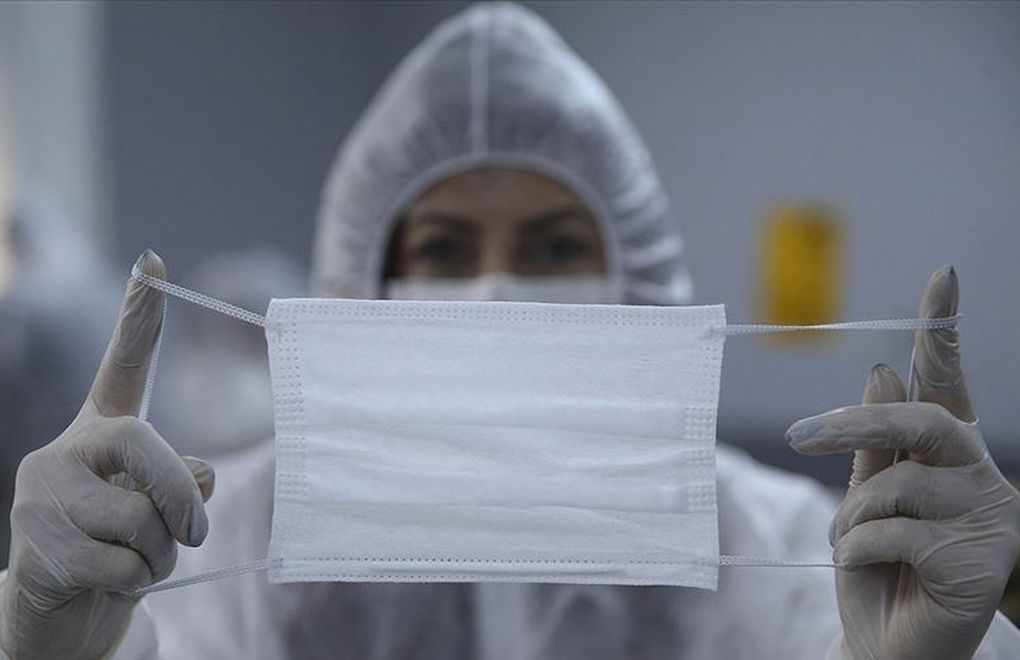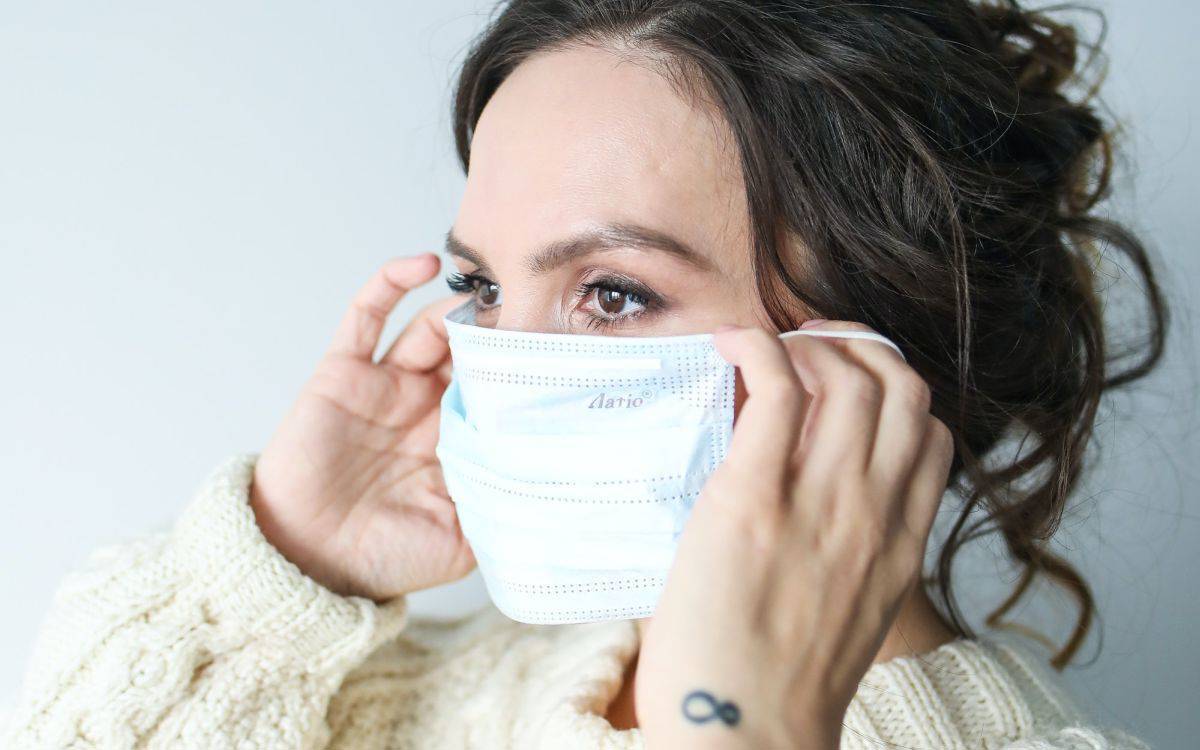Health Minister Fahrettin Koca has shared video statements from Professor Dr. Ateş Kara, a member of the ministry’s COVID-19 Science Board, regarding the recent increase in COVID-19 cases, particularly related to the Eris variant, on his social media account.
Kara commented on the mutations the virus has undergone:
"When the disease initially emerged, we didn't know the virus at all, and our bodies were unfamiliar with it, leading to severe illnesses. Later on, the virus gained some advantages and became more easily transmissible. However, especially with the Eris variant, we observe that the virus is now shifting towards respiratory infections. It manifests with symptoms like sore throat, nasal congestion, and mild runny nose, and it has taken on a clinical picture dominated by upper respiratory tract infection symptoms."

COVID-19
Health minister says no need for concern over Eris variant
Elderly individuals and risk groups
Kara emphasized that the Eris variant can lead to severe illness, particularly in older individuals and those in risk groups, and noted that it is known to be dominant in recent cases.
He explained that this variant, unlike previous ones, primarily presents with upper respiratory tract infection symptoms, and the clinical picture can be severe in the risk group but generally milder in others. Kara stated:
"In this regard, adhering to hygiene rules, wearing masks for individuals who are ill or suspected to be ill, experiencing sore throats, sneezing, coughing, or having a fever, and staying away from crowded places will be one of the most crucial advantages in preventing the spread of the variant during this period. Of course, keeping our vaccinations up to date and ensuring their uninterrupted administration is another advantage for us.
Considering the characteristics of the Eris variant, its manifestation primarily as respiratory infections, and its induction of upper respiratory tract infection symptoms, at least for now, it is safe to say that there is no compelling need for intensive hospitalizations or additional measures, at least not like in the early days of the pandemic when the virus caused more severe illness and deaths."
Kara emphasized that there is no need to panic and that adhering to hygiene rules and wearing masks when symptomatic can help prevent the spread of the disease. (AS/VK)






